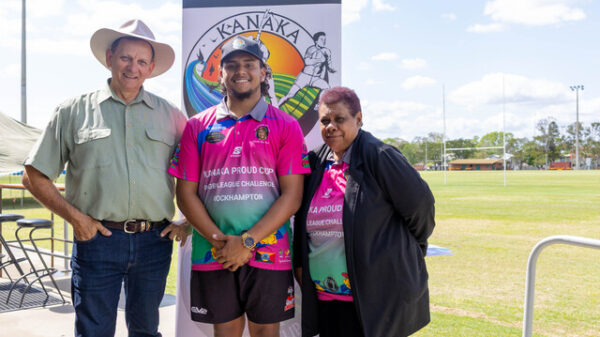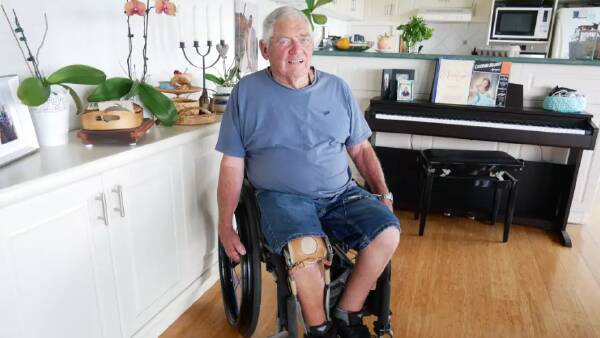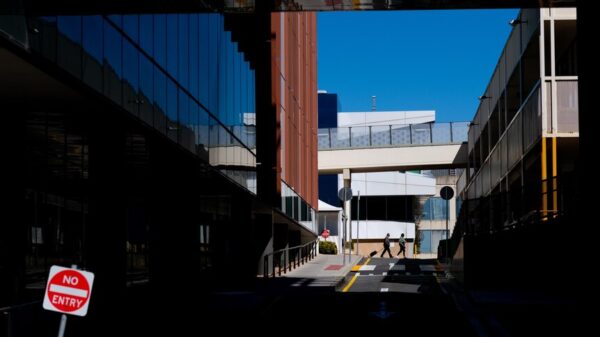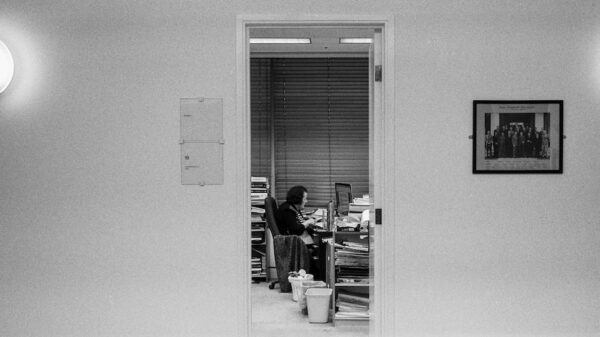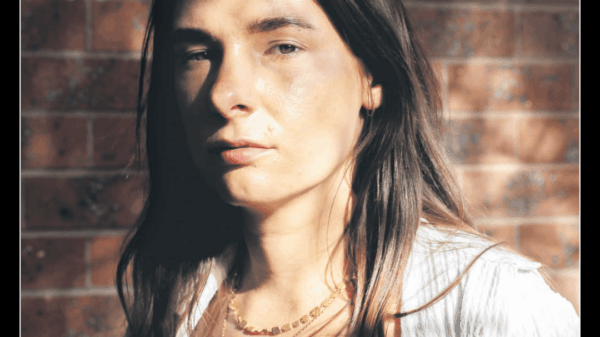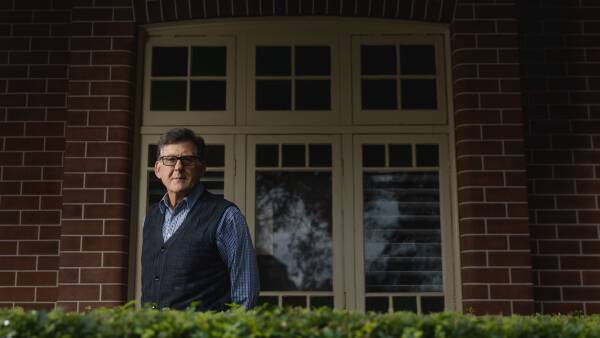A family in Saint Albans, West Virginia, is navigating a difficult journey after four of their daughters were diagnosed with a rare brain condition known as Chiari malformation. According to genetic testing, the condition affects roughly one in every 1,000 people, but encountering it in four siblings is exceedingly rare.
The crisis began when Ashlee Higginbotham noticed troubling symptoms in her youngest daughter, Austyn, in early 2023. At just 18 months old, Austyn was experiencing severe tremors, difficulties with walking, and episodes of intense crying, particularly at night. Recognizing that something was amiss, the family sought medical advice, leading to genetic testing that confirmed Austyn’s diagnosis of Chiari malformation, along with a spinal fluid blockage and compression of her spinal cord.
To address these serious health issues, the Higginbothams traveled to NewYork-Presbyterian for treatment from Dr. Jeffrey Greenfield, a pediatric neurosurgeon. In March 2023, Austyn underwent brain surgery, which was deemed successful. However, the family’s challenges were far from over.
Just months later, in October 2023, they learned that their three-year-old daughter, Amelia, also had Chiari malformation and a tethered spinal cord—a condition where the spinal cord is abnormally attached to the spinal canal, potentially leading to restricted blood flow and neurological issues. Like her sister, Amelia required surgery, which was performed by Dr. Greenfield.
The family’s struggles continued when Aubrey, aged seven, was diagnosed with the same conditions and needed surgical intervention shortly after. “It’s a heartbreak I can’t even describe,” Ashlee stated. “It never gets easier to send them into surgery.”
By March 2024, their 11-year-old daughter Adalee was also diagnosed with Chiari malformation and underwent surgery for her tethered cord. Unfortunately, Austyn’s symptoms returned, necessitating a second operation. “The process of surgery never gets easier,” said Paul Higginbotham, reflecting on the emotional toll of continuously sending their children into surgery.
Dr. Greenfield expressed his astonishment at the frequency of these diagnoses within one family, noting, “Four sisters having it is almost unheard of, and something I’ve never encountered in my career.” He emphasized the importance of the care provided during this challenging time, stating that while each girl’s recovery may differ, most children with successful Chiari surgery can expect a normal childhood.
Despite the surgeries, the Higginbotham children still experience ongoing side effects and require regular check-ups. The family often embarks on long journeys, traveling approximately nine hours to New York or three and a half hours to Cincinnati Children’s Hospital for specialized medical follow-ups.
Ashlee elaborated on the extensive care regimen, which includes consultations with experts across various fields: neurology, pulmonary, hematology, genetics, and more. “Between all of the girls,” she said, “we see a multitude of specialists.”
As the Higginbotham family continues to navigate their challenges, their story serves as a poignant reminder of the resilience needed in the face of adversity and the strength of familial bonds during difficult times.





